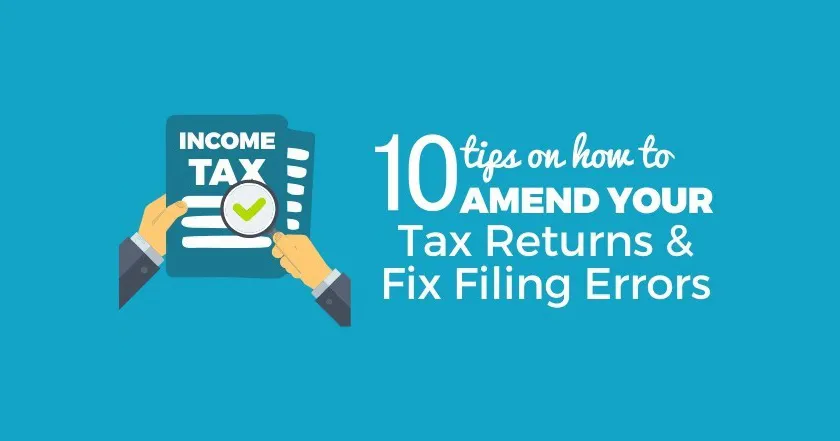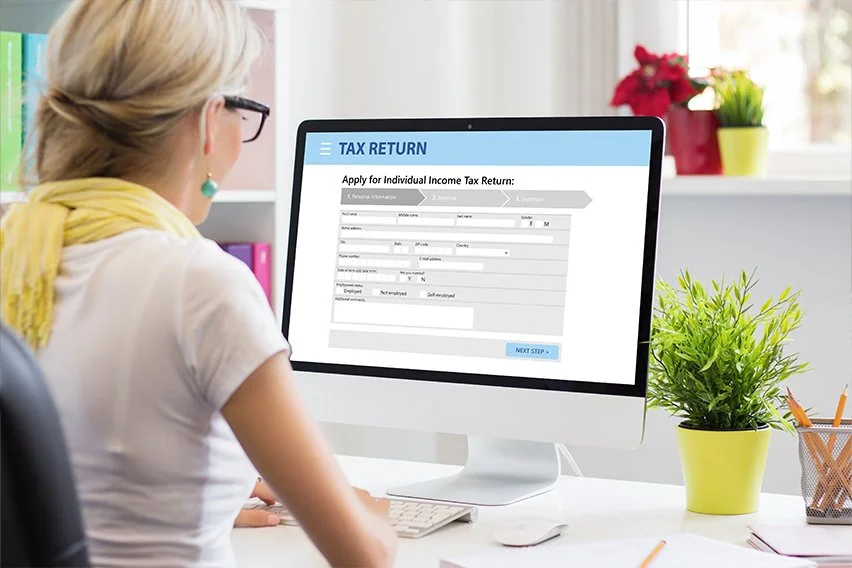Understanding how to make the most of tax rules can lead to substantial savings and better financial planning. Whether you’re an individual filer or a business owner, this guide offers practical strategies to improve your tax position and reduce your liabilities.
Keep Detailed Financial Records
Why it matters: Staying organized throughout the year simplifies tax filing and helps you identify all eligible deductions and credits.
Tip: Use digital accounting software or mobile apps to track expenses, scan receipts, and store important documents securely.
Understand Deductions and Credits
Deductions: These lower your taxable income. Common deductions include home office expenses, mortgage interest, charitable contributions, and qualifying medical expenses.
Credits: These reduce your total tax bill directly. Examples include the Earned Income Tax Credit, Child Tax Credit, and education credits.
Tip: Even small or uncommon credits and deductions can add up. Review IRS guidelines or speak with a tax professional to make sure you’re not missing anything.
Maximize Retirement Contributions
Contributing to tax-deferred retirement plans like 401(k)s or traditional IRAs lowers your current taxable income and can grow your savings tax-free until retirement.
Tip: Contribute the maximum allowed each year to take full advantage of both tax savings and long-term growth.
Use Tax-Advantaged Savings Accounts
Health Savings Accounts (HSA): Contributions are tax-deductible, and withdrawals for qualified medical expenses are tax-free.
529 College Savings Plans: These accounts offer tax-free earnings growth and withdrawals when used for approved education expenses.
Tip: Choose accounts based on your family’s health or education needs to increase both savings and tax efficiency.
Time Your Charitable Giving
If you itemize deductions, large donations can be strategically timed for years when your income is higher or you expect a larger tax liability.
Tip: Donating appreciated assets, like stocks, directly to charities can help you avoid capital gains tax and still receive a full deduction.
Adjust for Major Life Changes
Marriage, divorce, the birth of a child, retirement, or the sale of a home can significantly affect your tax obligations and opportunities.
Tip: Review your tax strategy when major life events occur to ensure your filing status, withholdings, and deductions reflect your new situation.
Consult a Tax Professional When Needed
While many people file taxes on their own, complex financial situations or business ownership can make professional guidance worthwhile.
Tip: Schedule periodic check-ins with a tax advisor, even if you file independently, to uncover new tax planning opportunities.
Stay Current with Tax Law Changes
Tax codes are constantly evolving. New deductions, phase-outs, and credit rules may affect your return.
Tip: Follow trusted financial publications or subscribe to tax newsletters to remain informed and prepared.
Key Takeaways
- Track expenses and income all year to simplify tax filing and maximize deductions
- Use retirement plans, HSAs, and 529 plans to reduce taxable income
- Strategic charitable giving and life event planning can improve your tax position
- Tax professionals offer valuable insight, especially in complex situations
- Staying informed about tax law changes ensures you’re always one step ahead
Frequently Asked Questions
Do I need a tax professional if I use tax software?
Not always, but if your finances are complex or if you’ve experienced major changes (like starting a business), a tax advisor can help you avoid costly mistakes.
What’s better: a deduction or a credit?
Credits typically offer greater savings since they reduce your tax bill directly. Deductions lower your taxable income, which indirectly lowers your tax owed.
Can I carry over unused deductions?
Some deductions, like capital losses, can be carried forward to future tax years. Review IRS rules or speak with a tax professional for specifics.
When should I start planning for taxes?
Tax planning is a year-round effort. The earlier you plan, the more flexibility you’ll have to maximize deductions, credits, and savings.
Are tax law changes common?
Yes. Changes often occur annually at both the federal and state level. Staying informed can help you take advantage of new benefits or avoid surprises.





